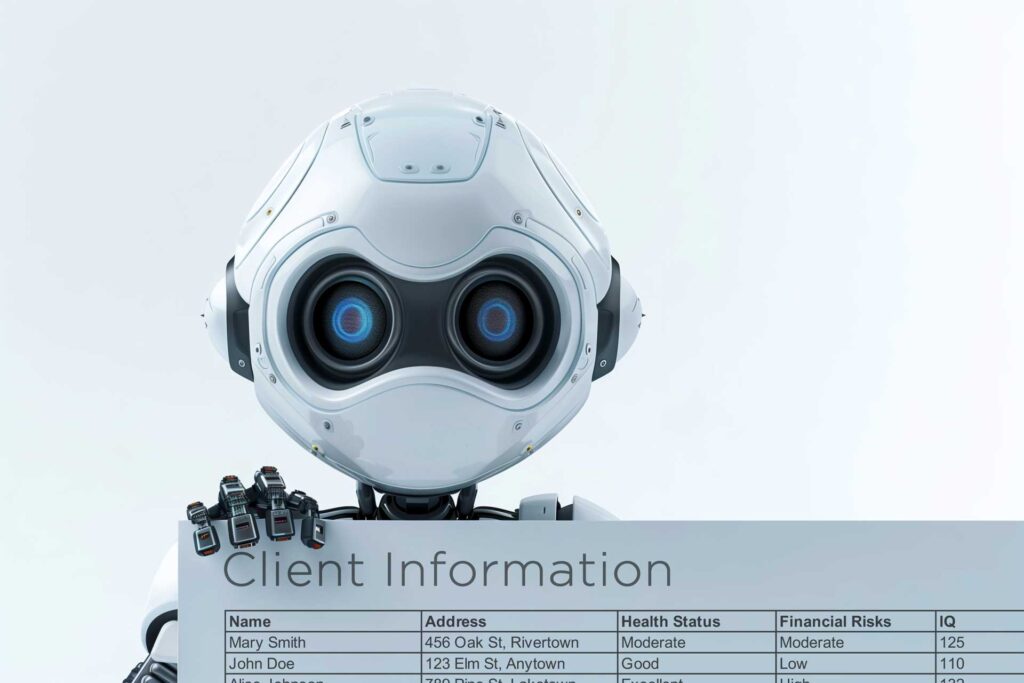Messages that resonate – with an impact that counts
The best products are of little use if nobody hears about them or if the story behind them doesn’t work. I help you to clearly position your brand, systematically build reach and turn interested parties into loyal customers.
Traditional strategies remain important, but modern AI tools now offer an important lever for reach, efficiency and personalisation. I combine both: proven marketing methods plus smart AI workflows that bring creativity, technology and data even closer together.
Brand development & messaging
In a saturated market, people need a clear reason to choose your offering. Together we develop:
- Brand essence & value proposition – What is your distinctive promise?
- Acoustic identity – How does your brand sound in text, image and video?
- Visual language – colours, typography and imagery that create recognition
A consistent brand image increases trust, shortens purchase decisions and makes your company valuable.
Content strategies for blog, video & podcast
In a continuous competition for attention, content determines visibility – and relevance
- Topic clusters & editorial plan based on keyword and customer journey analyses
- Media mix – blog articles, short-form video, podcast episodes
- Distribution – from newsletter automation to social scheduling
You will be recognised as a professional authority, rank organically in search engines and continuously generate qualified leads.
Web apps as a customised marketing tool
A mini-app, a configurator or a self-service portal turns passive visitors into active co-creators.
- Concept & UX design – from the first click dummy to the tested interface
- Customised development with performance and security best practices
- Analytics integration – understanding which features really convert thanks to customised analysis
Longer dwell time and significantly better conversion rates because users and your offer are a good fit.
Performance campaigns: SEO, SEA, social media marketing
Increase your reach where your target group scrolls and searches today.
- SEO Best Practices & Technical SEO – Content Strategy, Core Web Vitals, Schema Markup
- Google Ads – Boost your visibility
- Social media advertising – precise targeting on Instagram, Facebook, LinkedIn
Predictable leads and a cost-per-acquisition that is continuously optimised.
Got curious? I look forward to hearing from you!




